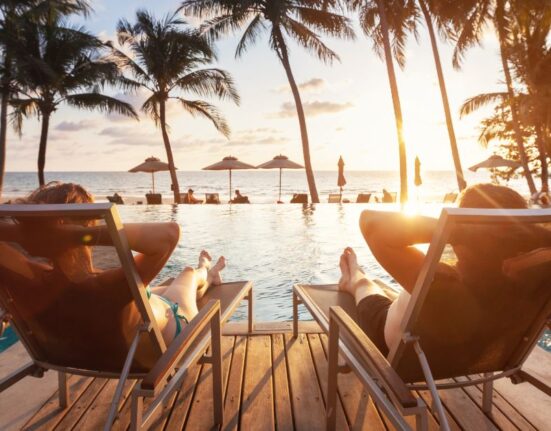| A new study suggests that family and other unpaid caregivers who provide substantial help with health care were twice as likely to experience physical, financial or emotional difficulty, five times as likely to restrict social activities, and more than three times as likely to experience a loss in job productivity as individuals who did not provide this type of help.
Researchers from Johns Hopkins Bloomberg School of Public Health used data from two nationally representative samples that provided insight into older adults and the caregivers who help them. The study sample represented 14.7 million caregivers assisting 7.7 million older adults, who either had dementia or a severe disability. About 45 percent of caregivers provided substantial help, (around 28 hours of care per week), often resulting in significant emotional difficulty and other caregiver role-related effects. |

FAMILY LIFE
Caregivers Likely to Experience Emotional, Physical and Financial Difficulties
- 0 Comments
















